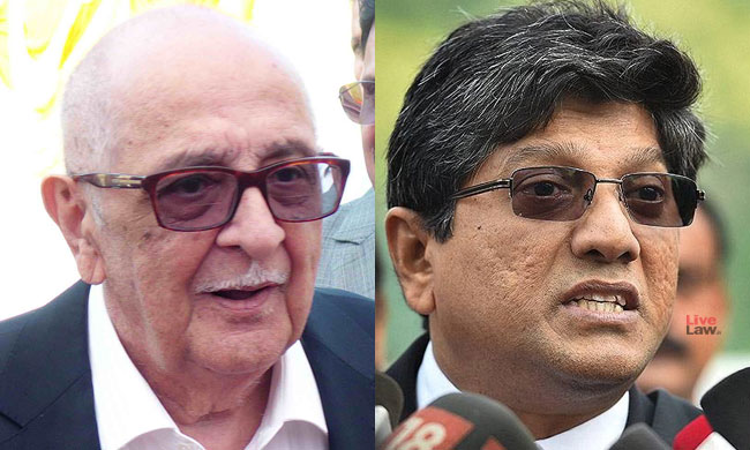A Lawyer Is Barred From Appearing Only Before A Court Where His Relative Is A Presiding Judge, Not Before Entire Court: Delhi HC
Ashok Kini
12 March 2019 2:41 PM IST

"The explanation and the meaning of the word “Court” clearly stipulate that it does not mean the entire Court but only refers to a particular Court where relative of a lawyer is a Presiding Judge."
Next Story


